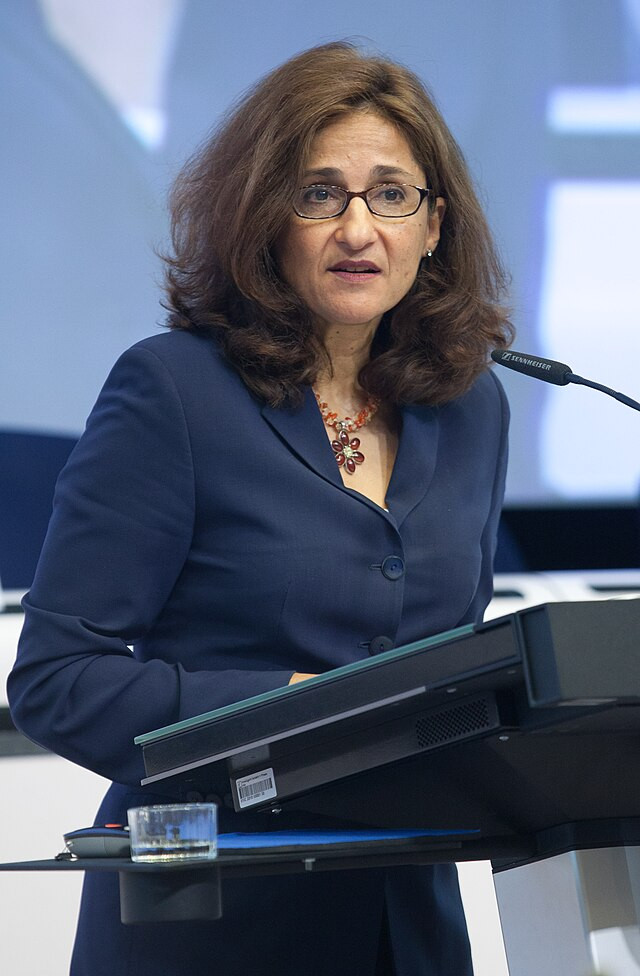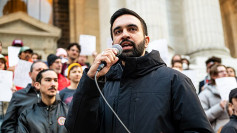Columbia University President Minouche Shafik announced her resignation on Wednesday, marking the end of a tumultuous tenure that saw the Ivy League institution gripped by intense protests over the Israel-Hamas war. Shafik, an Egyptian-born economist with an extensive background in global finance, cited the toll of recent events on her and her family as the primary reason for her departure. Her decision comes just months after widespread demonstrations on the Columbia campus led to significant criticism from both pro-Israel and pro-Palestinian groups.
In a letter addressed to the Columbia community, Shafik acknowledged the challenges she faced during her time as president, which began in July 2023. "This period has taken a considerable toll on my family, as it has for others in our community," Shafik wrote. "Over the summer, I have been able to reflect and have decided that my moving on at this point would best enable Columbia to traverse the challenges ahead."
The protests, which erupted in response to civilian casualties in Gaza during the Israel-Hamas conflict, saw students and outside activists setting up encampments on the university's Upper Manhattan campus. The demonstrations escalated when protesters occupied Hamilton Hall, a key academic building, prompting Shafik to request the intervention of the New York Police Department (NYPD). Over 300 individuals were arrested during these actions, drawing ire from various factions both within and outside the university.
Shafik's handling of the situation was met with widespread criticism. Pro-Palestinian supporters condemned her for involving law enforcement in what they viewed as peaceful protests, while pro-Israel groups argued that she had not done enough to protect Jewish students on campus. The backlash intensified after Shafik testified before the House Education Committee regarding the university's response to antisemitism, a hearing that further exposed the deep divisions within the Columbia community.
"I have tried to navigate a path that upholds academic principles and treats everyone with fairness and compassion," Shafik said in her resignation letter. "It has been distressing-for the community, for me as president and on a personal level-to find myself, colleagues, and students the subject of threats and abuse."
Katrina Armstrong, Columbia's executive vice president for health and biomedical services, has been named interim president, just weeks before the start of the new academic year. Armstrong, a physician and experienced administrator, acknowledged the challenges the university has faced but expressed optimism about the future. "The familiar excitement and promise of a new academic year are informed this year by the presence of change and continuing concerns," Armstrong wrote in a letter to the Columbia community. "But also by the immense opportunity to look forward, to join together for the laudable mission we are here to serve."
The Columbia Board of Trustees issued a statement expressing regret over Shafik's departure while praising her contributions during a difficult period. The board endorsed Armstrong as the right leader to guide the university through its current challenges. "We believe that Katrina is the right leader for this moment. We are grateful to her for stepping in, and we call on our community to support her," the board stated.
Shafik's resignation follows the removal of three Columbia University deans earlier this summer, who were dismissed after being implicated in "very troubling" text messages that allegedly touched on antisemitic tropes. The university's leadership has been under intense scrutiny, and Shafik's departure is seen as part of a broader shake-up within the institution.
In her next professional move, Shafik will be working with the United Kingdom's Foreign Secretary to chair a review of the government's approach to international development. Despite her resignation, Shafik's legacy at Columbia is likely to be defined by her handling of the Israel-Hamas conflict and the deep divisions it exposed within the university community.






